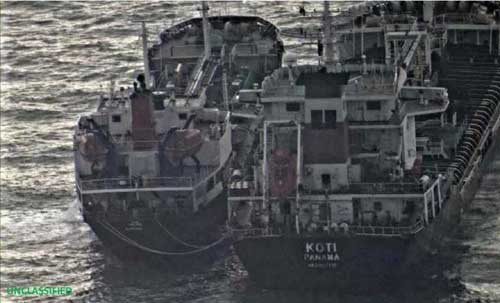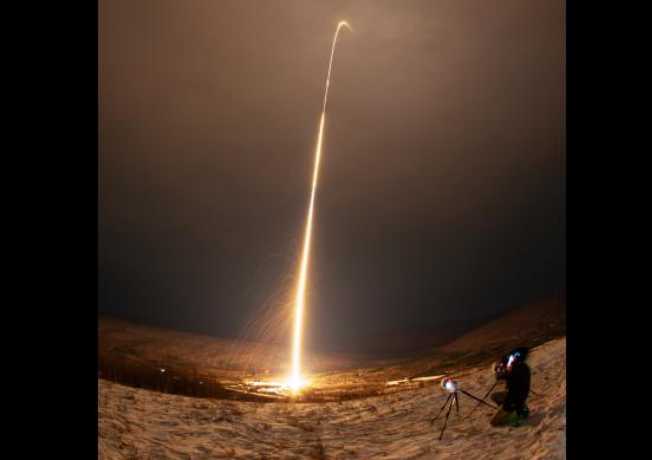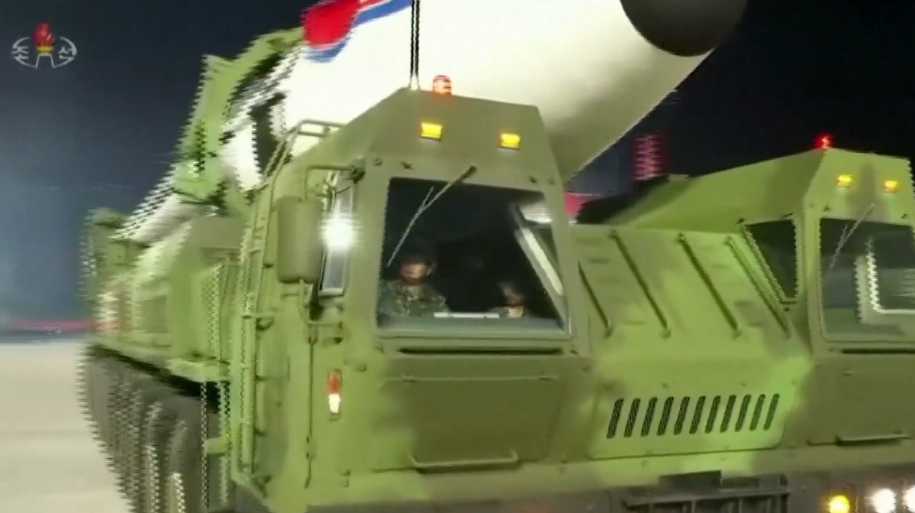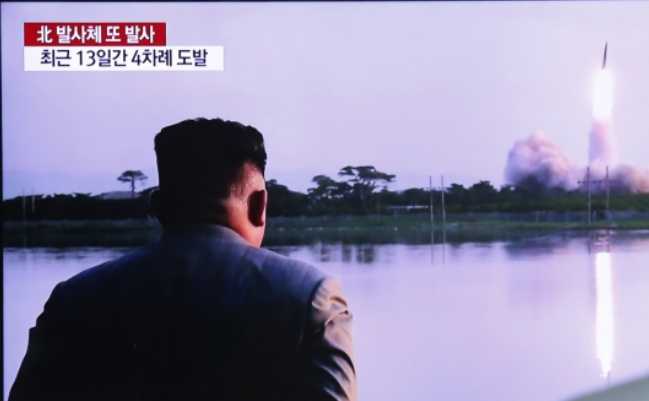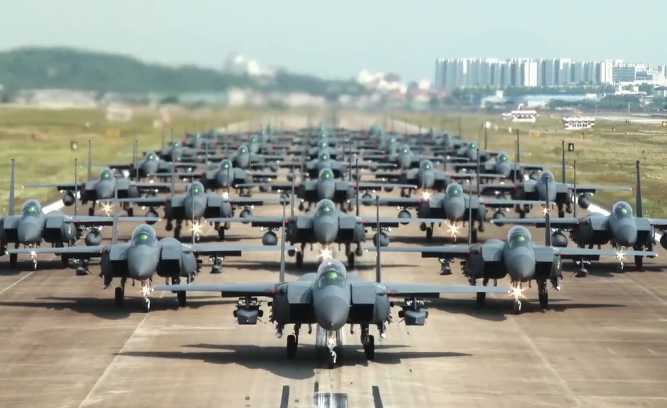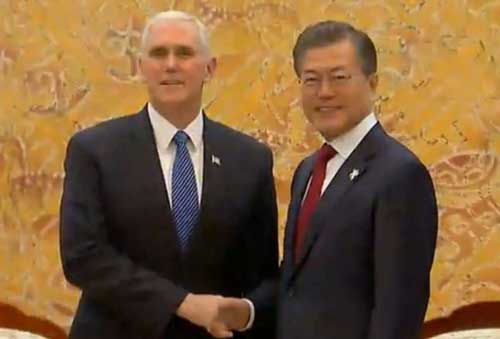SEOUL — South Korea for the first time has successfully sent a satellite into space from its own soil, joining an exclusive club that only 12 other nations in history have entered.
South Korea failed previously to achieve a flawless launch, allowing impoverished North Korea to beat its rival into space.
During South Korean launches in 2009 and 2010, the protective barrier around the payload failed to separate properly from the rocket.
This time all appeared to go according to plan after the KSLV-1, with a Russian first stage, lifted off from the Naro Space Center, 480 kilometers south of Seoul.
Its payload is practically symbolic: a 100-kilogram satellite with a projected one-year life span containing an experimental oscillator that emits ultra short laser pulses.
South Korea’s science minister, Lee Ju-ho, says the satellite is now in orbit.
Lee declares the mission a success. He says the previous two attempts were not a discouragement, but rather increased motivation that led to the success of the third launch.
Officials say they expect to confirm early Thursday Asia time whether the satellite is fully functioning.
The launch is being hailed as a benchmark of national pride for Asia’s fourth largest economy, which already has a solid reputation for first-rate quality electronic gadgets, automobile manufacturing and shipbuilding. But unlike its economic rivals and neighbors Japan and China, South Korea never had been able to put an object into space from its own soil.
This launch comes less than two months after rival North Korea placed a satellite into orbit.
Senior researcher Kang Kyung-in at South Korea’s KAIST Satellite Technology Research Center notes that North Korea has been making continuous investments in rockets since 1998.
Kang says that while the technologies of the two countries’ rockets are similar, South Korea’s program is purely for scientific purposes.
The launch of North Korea’s Unha-3 was condemned by the international community as a violation of United Nations sanctions and as a disguised ballistic missile test. It prompted the U.N. Security Council to impose further sanctions on Pyongyang.
North Korea claims it deployed a peaceful earth observation satellite. Scientists outside the reclusive country say there has been no indication the satellite has transmitted any signals.

